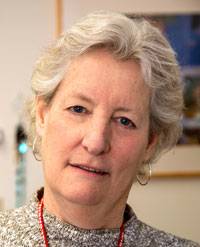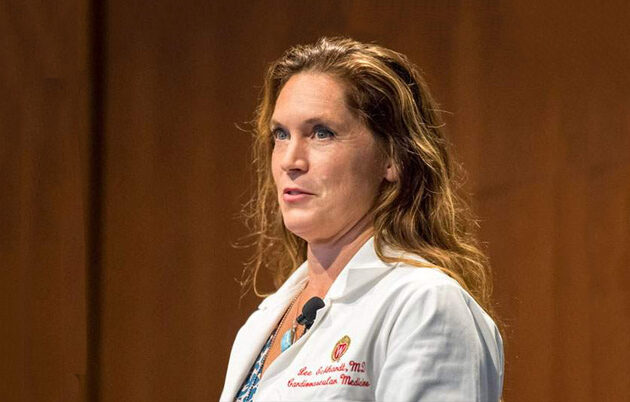I have had a front-row seat to watch this profession begin, grow and flourish! You could say, I’ve grown up with the profession. Sheldon Reed, PhD, who is credited with coining the phrase “genetic counseling” (GC), published the book, Counseling in Medical Genetics, in 1955, the year I was born.
Sarah Lawrence College opened the nation’s first genetic counseling training program in 1969, the year I began high school, where I wrote a paper on genetic counseling. When I earned my MS in medical genetics degree from the School of Medicine and Public Health in 1980, I found only two jobs to which I could apply, and none at UW–Madison.
The scenario has changed. In the past 12 months, the Madison area has seven new genetic counselors. Nationally, according to the Bureau of Labor Statistics, “Employment of genetic counselors is projected to grow 28 percent from 2016 to 2026, much faster than the average for all occupations (7 percent).”
Genetic counselor employment statistics provide further evidence of the fast-paced growth of this profession, including 100 percent job placement within two months of graduation.
About half of the Master of Genetic Counselor Studies Class of 2018 had been offered positions for full-time employment by February of their final semester. More than 80 percent of the Class of 2018 already had accepted a job offer three full months before graduation!
Increased employment opportunities coincide with diversification. While our graduates are prepared for clinical practice, their skills are transferrable to other settings, including teaching, public health, research, and industry- and laboratory-related roles.
The most recent professional status survey (2016) of the National Society of Genetic Counselors showed that about 23 percent of respondents indicated they do not counsel patients, and only 58 percent considered their work to be “clinical.” In contrast, surveys before 2002 did not include non-clinical activities as answer options.
Genetic counseling practice has changed in other ways, too. Enhanced understanding of genetic mechanisms has led directly to molecularly based testing and gene-based therapies. For example, consider advances in the diagnosis and care of patients with cystic fibrosis (CF).


